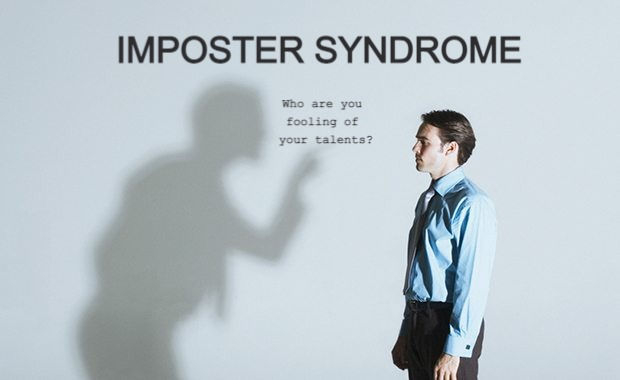What is Trial Close?
- Neha Mishra

- Jul 7, 2020
- 4 min read
Updated: Jul 31, 2020
(If this article is too long, read in Tidbits.)
Imagine if you could know your boss's position towards your proposal even before you proposed it, or the right time to propose your crush. If only somehow you could have a mock trial of your confession or a declaration you could know exactly the reaction of everyone in the room. Alas! There's no such mock attempt. But wait, trial closing does this job quite satisfactorily. So, Hooray!
"Communication is key", but combined with few tactics communication is also power. Trial close is one such splendid tactic to reap a good harvest from the seeds you sow in your communication process. Trial close is no judicial term. It is an attempt to check the other party's position or agreeableness in a given discussion by asking open-ended questions (asking for opinion) to the other side, instead of asking a close-ended question (asking for a decision: yes or no). It is a process of moving towards the end of the conversation step-by-step. Behind trial close is always an intent to sell an idea, product, or service. It is one of the best practices in sales and we'll discuss how, but before that let's clear our concept.
The human tendency is to be protective when attacked out of the blue with a statement or question of significance. You might want to plant an idea or make a confession to your spouse or family without getting into an argument. Convincing them or negotiating to a point might be the only two things in your best interest. However, when the outcome of your interest depends on somebody else, the feeling of uncertainty is gnawing. In circumstances when you cannot ask a question straight, what do you do? Build the environment and Trial Close. There are many benefits to Trial Closing.
Neil is not a supporter of any political party and he condemns the latest program introduced by the ruling party. He is not sure whether he should discuss this with his new colleague Arush, whose political beliefs are unknown to him. Neil, certainly, does not want to approach Arush with the question, "Hey, are you a supporter of the ruling party?", to which Arush might not react favorably. Instead, Neil can ask Arush if he has heard about the latest program introduced by the government. If Arush denies, Neil can start by elaborating on the program from a neutral perspective. Once the information is given out, Neil may ask an open-ended question "How do you feel about the program?". While this will not give Neil a definite answer to whether Arush is a pro-ruling party or not, it will give an overview of Arush's stand in the discussion.
In a way, our Neil has taken the temperature of the prospect (Arush here). There can be three possible positions of Arush in this context:
Cold: His views do not align with Neil's
Warm: His views somewhat intersect with Neil's
Hot: His views are in line with Neil's
Based on Arush's stand, Neil can now assess when to make a closing point or whether to make it at all. Open-ended questions on how the other party feels about an indicated scenario are the key. The scenario could be hypothetical, distant, imaginative, or real, based on what's the best option.

If the other party shares a common ground with you, you'll know; if the other party does not share a common ground with you, you'll still know. From there you can steer the conversation into another direction (in a negative case scenario), or you can ask another set of open-ended questions moving towards the goal of the discussion (in a positive case scenario). Asking open-ended questions also helps you learn about the other party's perspective and how you could use it to solve problems that might arise. It also builds trust and reliability when the party feels their opinion matters and they are being heard.
Trial close helps identify when the iron is hot enough to hit with a closing statement: the goal of your discussion all along. Apt timing is a great deal in difficult or important discussions after all. Trial closing does not give a steps-to-follow manual when the prospect is cold, but it does warn you that it is absolutely not the time to ask your concluding question. This way it can save you an embarrassing outcome or a deadlock on the options available to you.
Remember the time you visited a showroom to buy a car? A salesman assisted you through the options available based on your preferences and budget. A good salesman would not have asked you a question on buying the car before you made up your mind to buy it. If you tend to like a car model, he would offer to give you an idea of the color range available, cost, discounted price, and many other factors associated. He would present himself as a guide to help you make an informed decision. He would keep testing the amount of ownership you are ready to feel with the car. Right when you are comfortable, it would be you who would close the deal for him (just a possibility). This process works magic in sales. So it can in personal or professional life.
Trial close lets you be the master of the discussion, gain insight on the other’s mind and time yourself aptly while closing a discussion.
Idea is to provide a flow instead of a full stop to the dialogue.
References:




Greatt blog you have